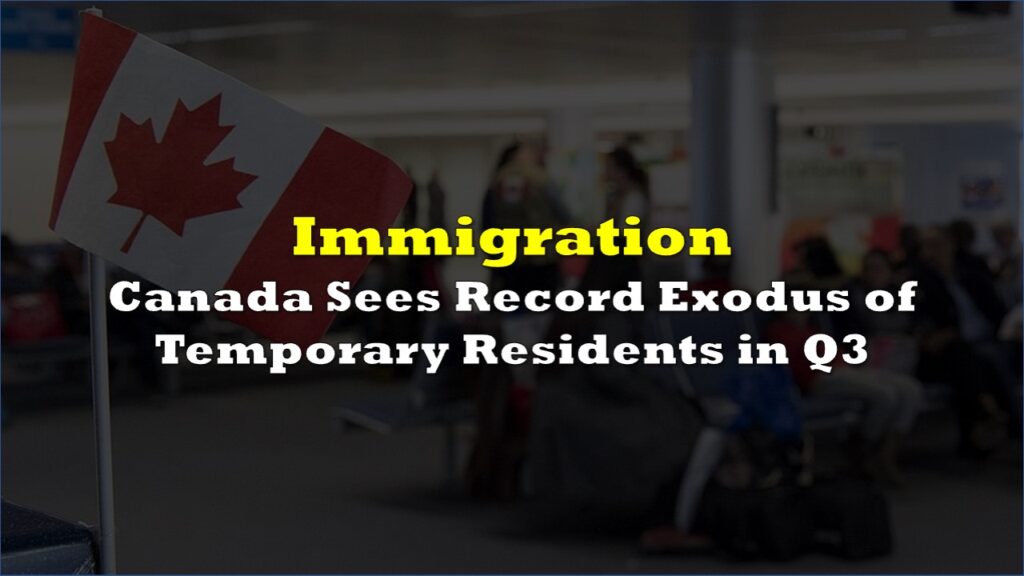As the coronavirus pandemic caused governments to close down borders in order to mitigate its spread, it appears that Canada’s immigration was significantly affected as a result.
In the second quarter of 2020, a total of 34,260 permanent residents were accepted into Canada according to the latest Statistics Canada data. With border restrictions still in effect throughout the summer, the decline in immigration amounted to approximately 64%, compared to the same time during the previous year when Canada accepted a total of 94,275 newcomers.
Over the last several years, the Canadian government has been targeting to increase immigration in order to combat Canada’s aging demographic and meet rising workforce needs. The population growth stemming from rising immigration has been a driving factor in the wellbeing of the country’s labour and real estate markets, as well as supporting pillar in economic growth.
Earlier this year, Immigration Minister Marco Mendicino panned out immigration targets of 341,000 permanent residents in 2020, but given the state of the ongoing pandemic and the pace of migration around the world, there is a good chance that those targets will not be met by the end of the year. So far in the first six months of 2020, Canada has granted a total of 103,420 permanent residencies, following a total of 341,175 new permanent residents in the previous year.

Information for this briefing was found via Statistics Canada. The author has no securities or affiliations related to this organization. Not a recommendation to buy or sell. Always do additional research and consult a professional before purchasing a security. The author holds no licenses.









